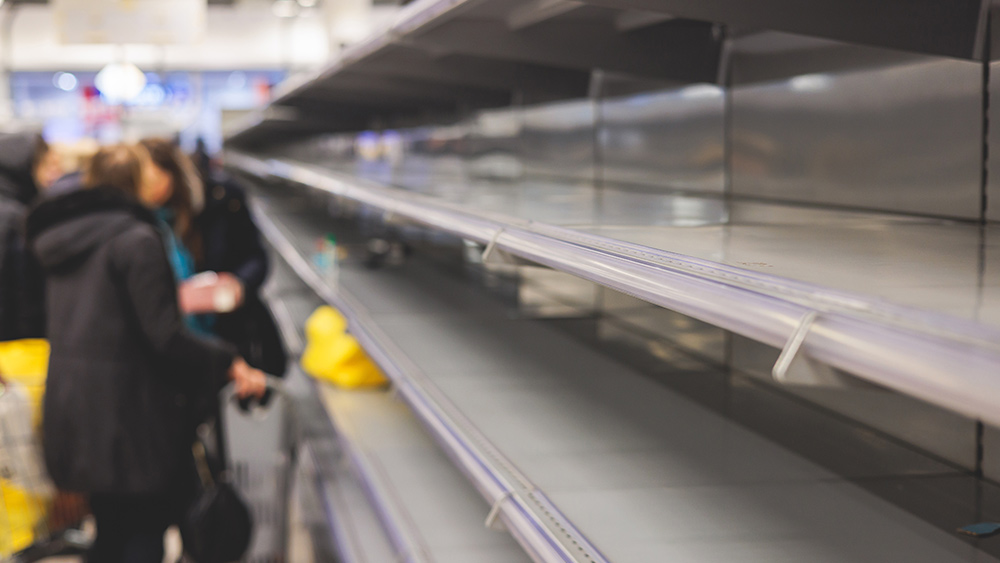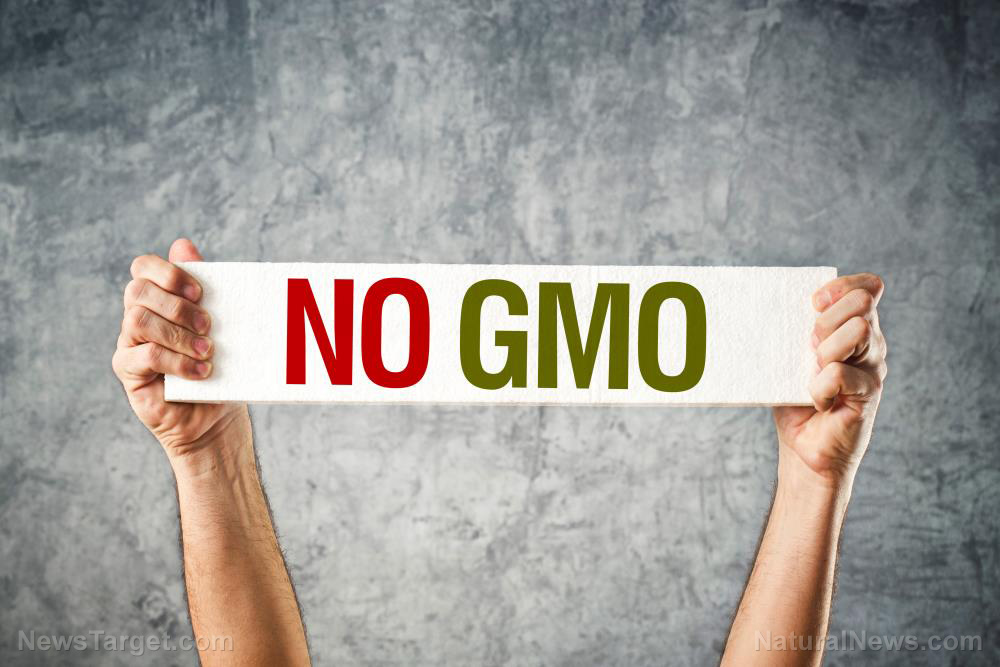 Parler
Parler Gab
Gab
Food shortages lead to carbon and meat taxes during simulation
At one point during the simulation, the team representing the EU suspended its environmental rules for agriculture by introducing a tax on meat consumption. These rules were quickly reversed after several years as harvests went back to normal. The most eye-catching result was a deal between the U.S., the EU, India and China to institute a global carbon tax and cap carbon dioxide emissions in 2030. Cargill Corporate Senior Vice President Joe Stone acknowledged that carbon taxes are a real possibility in the coming years. "But before we can consider moving ahead with a measure like that, we must study it and understand it much better. We have to avoid sudden market distortions and unforeseen consequences," he said. "Take the meat tax Europe wanted to impose and think through that. What meat are you going to tax? Does that mean poultry and beef or aquaculture as well? Where do you levy the tax, where does the money go, what are the unintended consequences?" What the simulation showed is that many of the teams are relying on the food crisis to establish more carbon and meat taxation policies and are using these kinds of simulations to figure out how to institute them in a way where most people wouldn't protest against them. "The solution the ruling classes came up with was more theft. They intend to steal more from everyone after causing the food shortages," noted Mac Slavo, writing for SHTF Plan. "If you've been paying attention, you know this is all by design and we recognized it back in March of 2020 when the rulers blamed the closures of meat and food processing plants on the [Wuhan coronavirus] COVID-19 'scamdemic.'" Robert Wheeler of The Organic Prepper said: "The agenda is becoming quite clear. The fact is, we know there is an agenda for all these things – food shortages, meat tax, global carbon tax… We will be stolen from, controlled and enslaved to a degree that breaking free will be all but impossible if we allow this to happen." Learn more about the global food crisis at FoodCollapse.com. Watch this episode of the "Health Ranger Report" as Mike Adams, the Health Ranger, discusses the engineered takedown of food production infrastructure that can plunge entire nations into the Dark Ages. This video is from the Health Ranger Report channel on Brighteon.com.More related stories:
EAT NOTHING AND BE HAPPY: Globalists still attempting to manufacture acceptance of engineered food collapse. Food banks struggle to meet increased demand for food aid, may not have enough resources for the fall and winter. Mainstream media outlets FINALLY admit the world is on the brink of food collapse. Food collapse, labor shortages affecting restaurants all over the country. Global food collapse: 49 Million people at risk of experiencing famine or famine-like conditions, warns the FAO. Sources include: SHTFPlan.com ActivistPost.com Brighteon.comCouples are now fighting while shopping as grocery prices soar to record highs
By Mary Villareal // Share
Amazon suspends construction of new warehouses in Spain
By Mary Villareal // Share
Bill Gates, WEF promoting dangerous GMO foods, fake foods
By Mary Villareal // Share
Trump COVID official describes mRNA vaccine as a ‘biological weapon’
By News Editors // Share
Governments continue to obscure COVID-19 vaccine data amid rising concerns over excess deaths
By patricklewis // Share
Tech giant Microsoft backs EXTINCTION with its support of carbon capture programs
By ramontomeydw // Share
Germany to resume arms exports to Israel despite repeated ceasefire violations
By isabelle // Share










